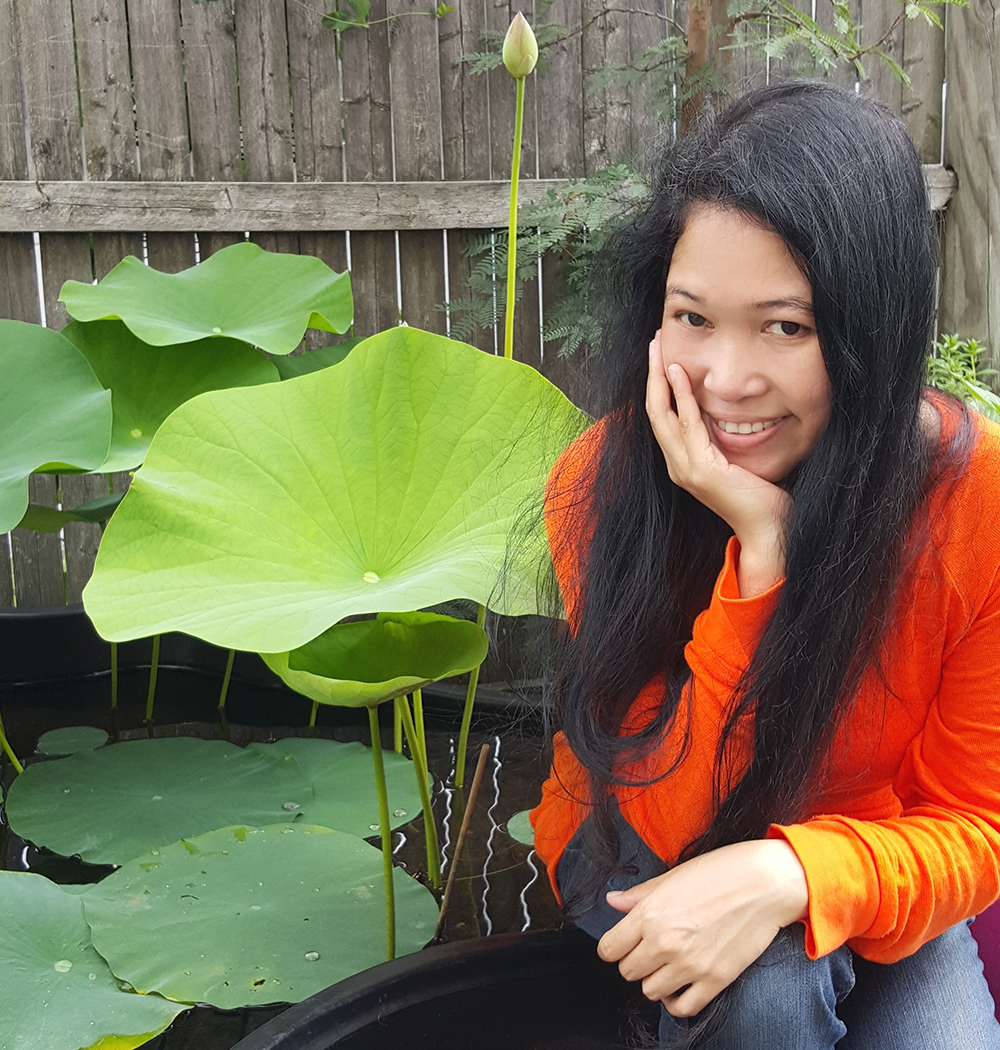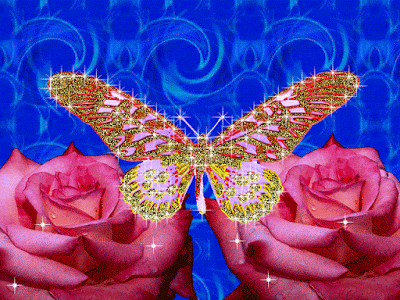-
Because of your smile Comment August 26, 2015 -
You take away their power Comment August 25, 2015 -
How to wear a saree in 2 minutes Comment August 25, 2015 -
Forget, forgive, and move on Comment August 25, 2015 -
Once we understand Comment August 25, 2015Because of climate change and increasing natural disasters, the world’s 7 billion people must learn to work together. This is no longer a time, His Holiness said, to think only of ‘my nation’ or ‘our continent’ alone. There is a real need for a greater sense of global responsibility based on a sense of the oneness of humanity.
“Once we understand that like us other human beings want to live a happy life, and that our own future depends on others like them it will be easier to develop compassion. This is a question of survival,” His Holiness declared. “And in order to protect our sense of compassion, we need tolerance and forgiveness. These are the kind of qualities that are important in a healthy society, that are the basis of a happier more harmonious community. To achieve this in reality, we have been working on a curriculum to introduce secular ethics into our education system from kindergarten all the way up to university.”
~by H.H. Dalai Lama | Link source
-
Prince Goodspeaker and the Water Demon Comment August 25, 2015[Chapter 2. The Teaching of the Gods]
In time, the queen gave birth to another son, who was named Prince Moon. Shortly after both children began walking about, their mother suddenly became very sick, and died.
To help him look after his playful children, the king found a princess to become his new queen. In a few years, this queen gave birth to a beautiful bright little boy. He was named Prince Sun. Since the king was so happy, he wanted to please his queen, and reward her for bringing up all three children. So he promised to grant her one wish. The queen considered, and said, “Thank you my lord, I will make my wish at some time in the future.”
As time went on, the three princes grew into wonderful playful youngsters. The queen saw that Prince Goodspeaker was intelligent and understanding. She thought, “If these two older princes remain in the palace, my son, Prince Sun, will never get a chance to be king. Therefore, I must do something to make him the next king.”
One day, when the king was in a good mood, the queen respectfully approached him and reminded him of the promised wish. He was very happy and said, “Ask whatever you want!” The queen said, “Oh my husband and king, grant that after the course of your life is over, my son, Prince Sun, will be the next king.”
The king was shocked by this request. He became angry and said, “My first two children are like bright stars! How can I give the kingdom to my third son? All the people will blame me. That cannot be done!” The queen kept silent.
As happy as the king had been, he now became just as unhappy. He was afraid and filled with doubt. He suspected that the queen might destroy his first-born children by some wicked means. He decided that he must make sure his children were safe.
Secretly, the king called Prince Goodspeaker and Prince Moon to him. He told them of the queen’s dangerous desire. He sadly said that the only safe thing for them to do was to leave the kingdom. They should return only after their father’s death, and take their rightful places ruling the kingdom. The two obedient princes accepted their father’s order and prepared to leave.
In a few days they were ready. They said their sad good-byes to their father and friends, and left the palace. On their way through the royal gardens, they came upon Prince Sun. He had always been very affectionate and friendly towards his two older half-brothers. He was upset to hear that they were leaving for a very long time. So he decided that he too would leave the kingdom. The three friendly princes departed together.
For several months they travelled, until they reached the forest country of the mighty Himalayas. They were very tired and sat down under a tree. The oldest brother, Prince Goodspeaker, said to the youngest, Prince Sun, “Please go down to the nearby lake and fill some lotus leaves with water. Bring them back here so we all can drink.” Continue reading
-
Avoid speaking negative things Comment August 25, 2015 -
Dog plays with deer Comment August 25, 2015He’s been called “the clown in the cloak of a philosopher,” and this loveable little companion dog is exceptionally good-natured. He is particularly affectionate toward his master and the children, and can even be a bit possessive. They are excellent with children! He will need to be a part of the family and will want to be in close contact with you. Each “frenchie” possesses his own unique personality, but they are usually independent thinkers, intelligent, with a bit of a mischievous side. They are usually well-behaved if trained to be. They are trainable, but stubborn, and do best when they are convinced that they are interested in the task at hand. Source: Just Dog Breeds
-
In the morning Comment August 25, 2015 -
Low fat potato wedge recipe Comment August 24, 2015

















